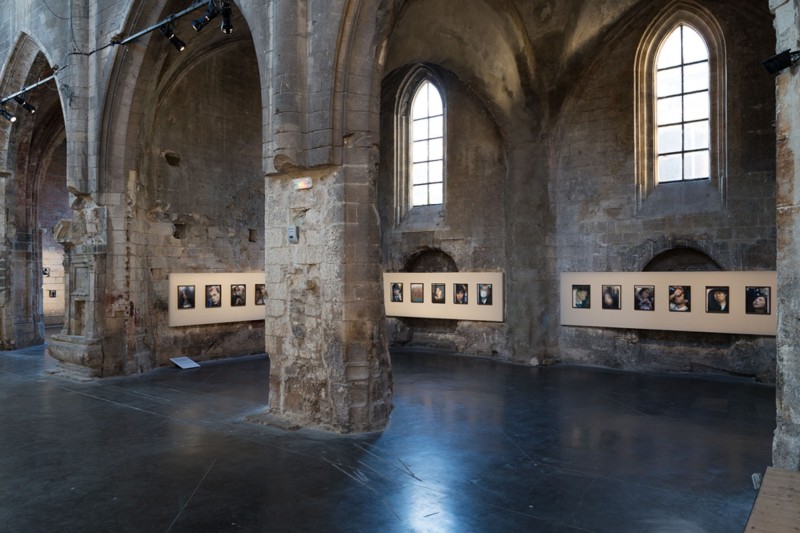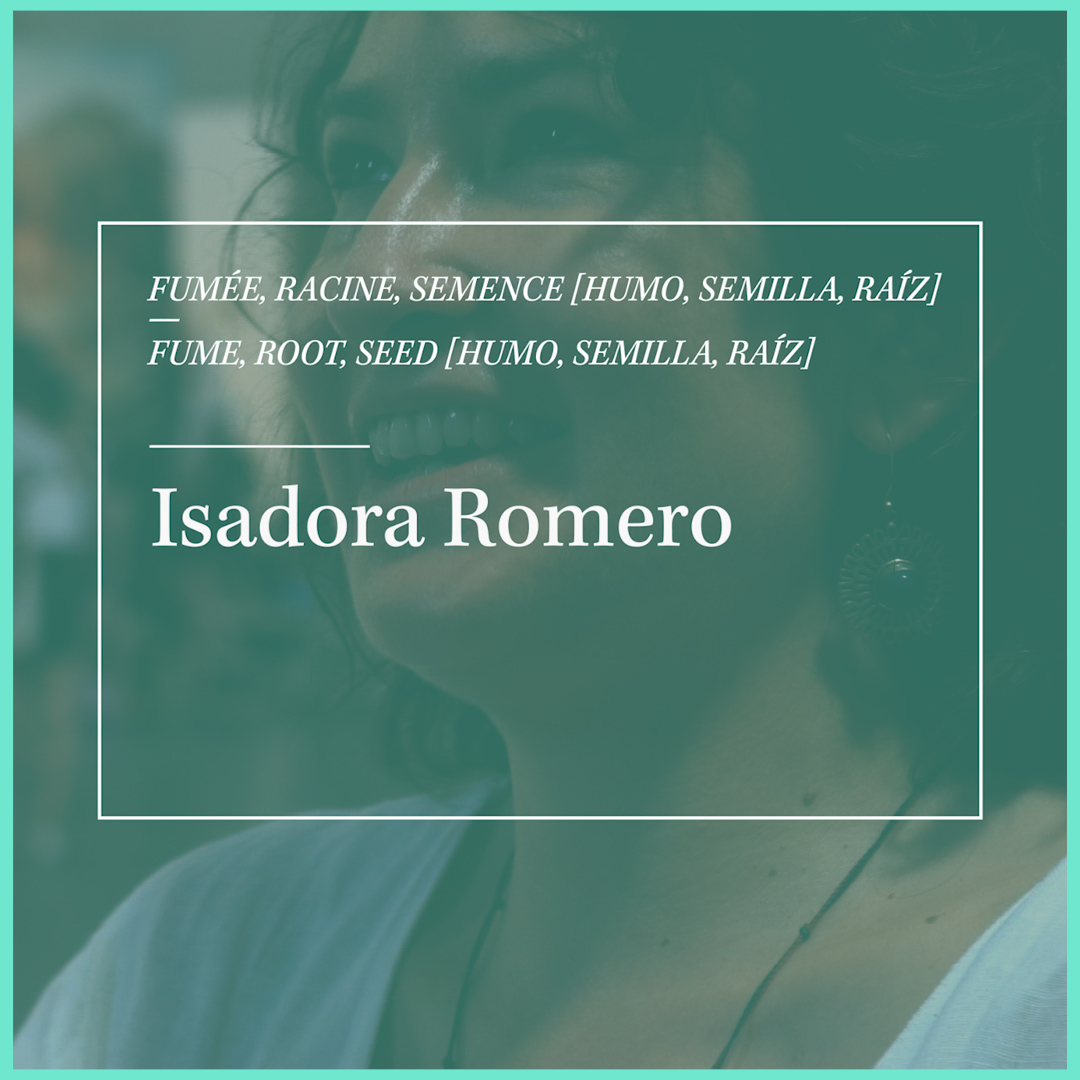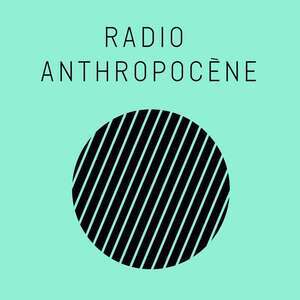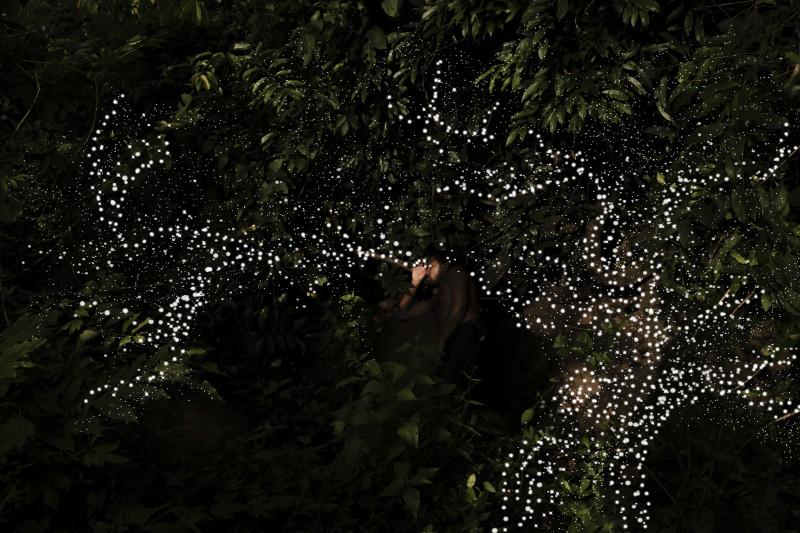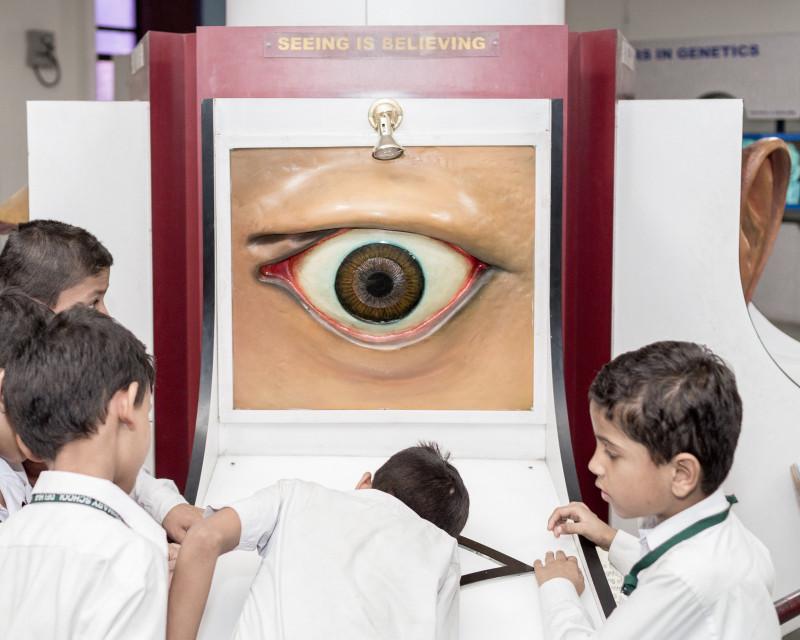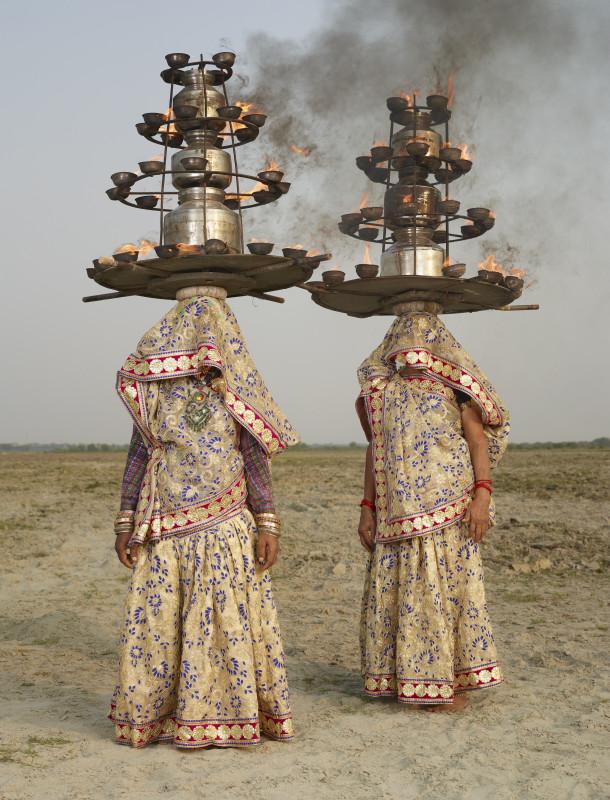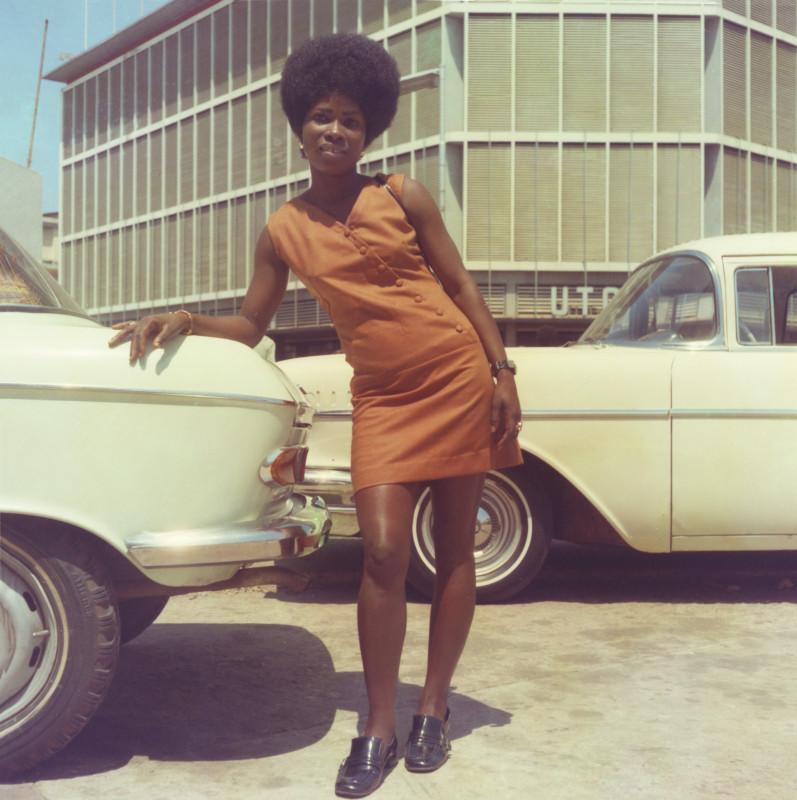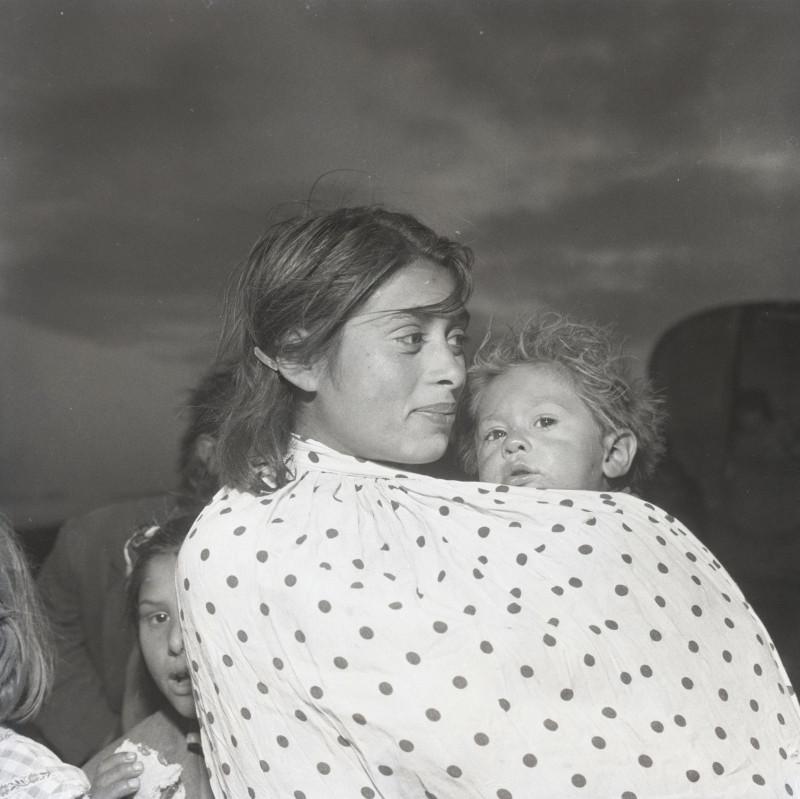Edition 2023
PRESENTED BY Magnum Foundation, New York, United States.
Isadora Romero
Fume, Root, Seed [Humo, Semilla, Raíz]
When Isadora Romero found out that her great-grandmother and grandfather were seed guardians, she wondered if the need to tell stories about agrobiodiversity was in her blood. Over the last 20 years, 75% of seed varieties have been lost worldwide. Romero’s visual research engages with how the loss of ancestral memory and Indigenous knowledge ‒ resulting from colonization, forced displacement, and racism ‒ is causing seeds to disappear at an alarming rate.
Moving across multiple geographies in Latin America, Romero examines this crisis with breadth and precision. In Paraguay, she observes how women collectivize to counter agribusiness that limits produce for local consumption, and the inequitable land distribution that such businesses benefit from. In Mexico, she looks at the cultural significance of food and how the preservation of domesticated plants can be shaped by their relationship to the human species. In Ecuador, she attempts to understand the dual approaches towards conservation ‒ the Indigenous and the conventionally scientific ‒ acknowledging the investment of both communities in similar goals, but also the lack of dialogue between them. Her own family’s history in Colombia, and their contribution to the preservation of the potato seed, becomes the catalyst and culmination of the ethos of the project.
The excerpted chapters in this exhibition offer an alternate way of looking at environmental issues ‒ through the prism of possibility, instead of catastrophic consequence. Each one privileges a resistance: be it from women organizing against monoculture or from people for whom inherited knowledge systems are guiding forces. In looking towards the past, and to those that continue to relate to land, Fume, Root, Seed recalibrates the approach we adopt towards conversations around conservation.
Tanvi Mishra
Moving across multiple geographies in Latin America, Romero examines this crisis with breadth and precision. In Paraguay, she observes how women collectivize to counter agribusiness that limits produce for local consumption, and the inequitable land distribution that such businesses benefit from. In Mexico, she looks at the cultural significance of food and how the preservation of domesticated plants can be shaped by their relationship to the human species. In Ecuador, she attempts to understand the dual approaches towards conservation ‒ the Indigenous and the conventionally scientific ‒ acknowledging the investment of both communities in similar goals, but also the lack of dialogue between them. Her own family’s history in Colombia, and their contribution to the preservation of the potato seed, becomes the catalyst and culmination of the ethos of the project.
The excerpted chapters in this exhibition offer an alternate way of looking at environmental issues ‒ through the prism of possibility, instead of catastrophic consequence. Each one privileges a resistance: be it from women organizing against monoculture or from people for whom inherited knowledge systems are guiding forces. In looking towards the past, and to those that continue to relate to land, Fume, Root, Seed recalibrates the approach we adopt towards conversations around conservation.
Tanvi Mishra
Commissaire : Tanvi Mishra.
Avec le soutien de la Fondation Louis Roederer et de Polka.



